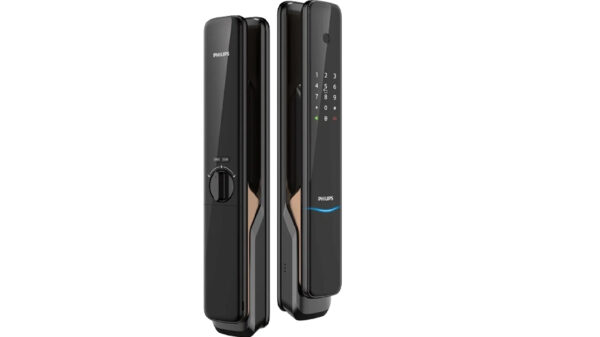The pressure to support energy requirements for national growth in the Philippines urged local energy companies to prioritize on cost management and operational excellence. This is according to IDC, which also noted that local energy companies are finding new ways to maximize production from existing assets while managing obsolete assets and declining market capitalization.
Digital capabilities play a vital role in enabling companies to seek for opportunities that result in the ability to create insight and control across the business and integrated operations, and to manage assets more effectively. Through enabled digital capabilities, local energy companies can develop opportunities that will deliver significant cost efficiency, cost management, and agility.
“As the energy companies in the Philippines are currently facing high operational costs and fluctuating market value, profit margins are highly impacted. Working toward creating integrated operations built on data insights and technologies such as cloud, mobility, IoT, and analytics are critical strategies to enable insight and control across assets, customers, and products,” said Emilie Ditton, research director, IDC Energy Insights.
To stay ahead in the market, energy companies realized the need to create a new baseline to manage business costs. Energy companies can create a step change in asset management, integration across siloes, and integration of decision efficiencies across the business through digital transformation.
Digital transformation enabled by technologies across the 3rd Platform such as cloud, mobility, analytics, and social — and the innovation accelerators of IoT, cognitive processing, and security — particularly offer more opportunities for oil and gas companies.
However, for many companies in the region, investing in required technologies to support new approaches is challenging. Aging assets are one of the biggest challenges that ASEAN oil and gas companies are facing as many companies have legacy oilfields and mature wells with declining production.
Investment in other areas of business are affected as the legacy assets require infrastructure spending, particularly in processing terminals and pipelines. Energy companies that choose to venture into digital transformation must assess their capabilities holistically across technology, people, and process, particularly when there are existing opportunities to tract added value. For instance, the application of IoT, smart devices, and sensors to organize, manage, leverage, and transform data into actionable intelligence is crucial for every business.
“Energy companies need to look at successful approaches that are practiced in other industries too — approaches that have been used in the manufacturing sector such as lean focus on minimizing waste through integrated opportunities by data insight and a sharp focus in innovation and improvement,” said Jubert Alberto, head of business operations – IDC Philippines.













































































































